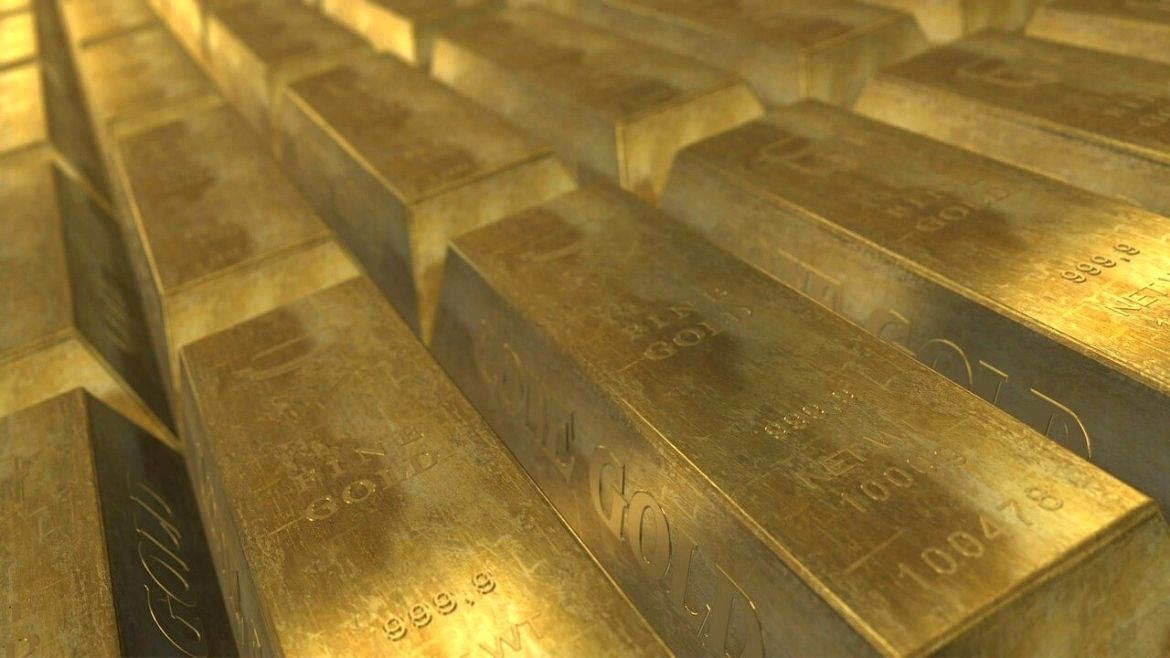Founded in 2012, Monetary Metals emerged as a new way to invest in precious metals and serve the gold-bug community. Rather than holding gold or silver to resell at higher prices, investors could lend them to qualified companies and obtain steady interest payments.
Questions
- Overview
- What is Monetary Metals’ business model?
- How does Monetary Metals handle this process?
- What are the returns for owners of gold and silver?
- What are its merits as an investment option?
.
.
Overview
- Headquarters: Scottsdale, Arizona, United States
- CEO: Keith Weiner
- Number of employees: 11
- Main competitors: Gold Investments and Regal Assets
- Fundraising: over $3 million as of September 2020
.
.
What is Monetary Metals’ business model?
Monetary Metals matches owners of mainly gold and silver with businesses that use these precious metals in their operations: mints, miners, refiners, jewelers, precious-metals dealers, pawn brokers, and the like. In exchange, investors get a yield from lending out their assets.
This service, which the company calls Gold Fixed Income, is unique in that it facilitates peer-to-peer leasing of precious metals around the world and pays in kind.
The company, through its Gold Yield Marketplace, facilitates buy and sell transactions of gold, silver, and platinum for retail investors. Additionally, accredited investors can access its Gold Exponential Fund, in which Monetary Metals does gold and silver arbitrage outside the banking system and pays back earnings in gold.
The company offers a wide range of research and promotional content, such as market analysis and proprietary charts on precious metals and alternative investments. Investors can also hire Monetary Metals’ advisory services on how to address legal risks and improve the structure of their precious-metals investments.
The company’s overarching objective is to offer investors an incentive to go beyond hoarding and to use gold as money. By providing clients with an interest yield on their gold holdings, albeit modest, Monetary Metals seeks to encourage sound-money principles.
.
.
How does Monetary Metals handle this process?
Owners of gold and silver can create an account with Monetary Metals if they hold at least 10 ounces of gold ($18,144 worth on December 2) or its silver equivalent at the current gold-to-silver ratio.
After investors set up a preliminary account, a Monetary Metals representative gets in touch to guide them through the next steps. New clients have to complete and submit the following documents:
- For US citizens: one photo ID and a W9 form
- For foreigners: two copies of ID and a W8BEN or W8BEN-E form
- Plus, all clients must sign an escrow-account agreement for storage purposes
There are two ways to fund an account. Investors can purchase metal by wiring fiat currency to Monetary Metals, which charges a 0.3–0.5 percent fee based on volume, or they can ship physical bullion to a partner depository firm. The company accepts precious metals at different vaults around the world.
Monetary Metals does not charge clients any storage fees. It makes money by charging industry-related firms a small fee to list their deals on the marketplace. According to the firm, “the fee is typically 2 percent, unless stated otherwise.”
Monetary Metals is continuously looking for new deals of gold and silver leases to add to its marketplace. Lessees sign a contract with a bid rate and the quantity of metal they want to acquire. Then, Monetary Metals pairs that bid with investors. Therefore, if a lessee is matched with an investor willing to lend its gold for a 3 percent lease rate, the total cost for the lessee will be 5 percent of the lease amount.
.
.
What are the returns for owners of gold and silver?
According to Monetary Metals, its leases have historically paid investors between 2 to 4.5 percent net annual interest. Currently, the mean annual rate is 3.2 percent in real terms, although most leases pay interest on a monthly basis. Others pay quarterly, and the company reports this to investors before arranging a deal. The company pays interests back in either gold or silver, depending on the metal leased.
Investors can earn compound interest by letting their holdings roll over. Borrowers repay interest in additional ounces of gold and silver that can be reinvested in another leasing opportunity. However, the process for determining the interest rate is market-based. Investors set the minimum interest rate they will accept for each lease.
.
.
What are its merits as an investment option?
- Monetary Metals’ distinctive quality is to provide a yield in kind for mainly gold and silver without charging storage fees.
- It diversifies precious-metals investment away from hoarding and speculation.
- The yield turns precious metals into fixed-income assets that provide inflows without spending capital.
- The fixed income stream is denominated in gold, not in constantly depreciating US dollars.
- The system supports businesses that use gold productively and the gold market in general.
- Since the business model depends on the demand for productive uses of the metals and the storage of bullion by third parties, the risk is moderate.
- Monetary Metals evaluates companies before arranging any lease deals. Out of 25 closed leases so far, none of them have defaulted, the company claims.
- Despite its short track record of less than a decade, Monetary Metals will appeal most to those already open to precious metals, especially those who already hold gold and/or silver and are open to a substitute.
- Since the returns are in gold or silver, and not US dollars, the approach is a hedge against inflation. However, precious-metals leasing will tend to exhibit more nominal volatility, in dollar terms, than fixed-income instruments denominated in fiat currencies.




